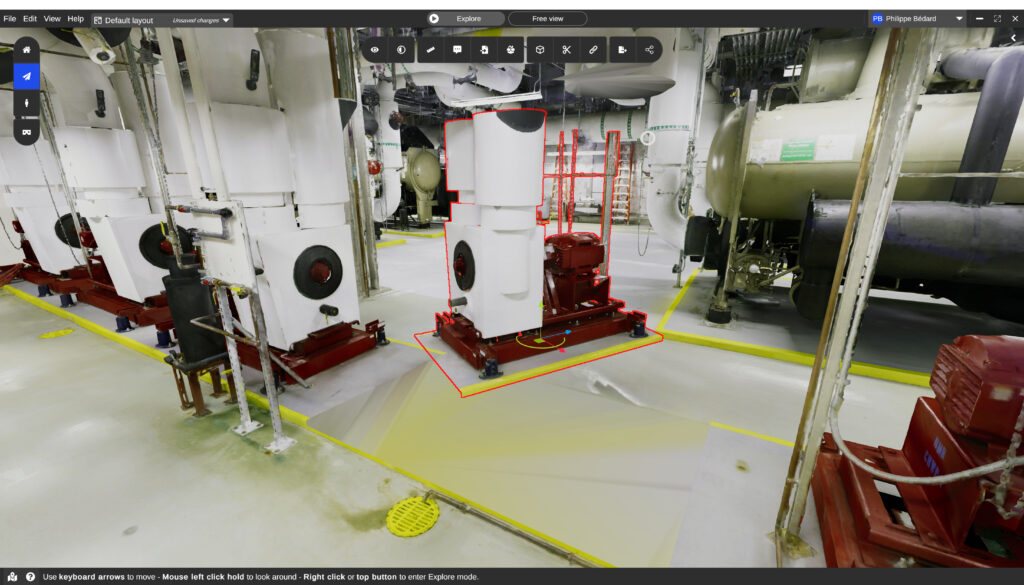The Challenges
Early installs block access
2D/CAD miss site realities
Sequencing errors cause delays
Limited feasibility visibility
The Benefits with Prevu3D
3D simulation of build order
Spot conflicts before site work
Cut rework and delays
Stronger team collaboration
The Cost of Getting it Wrong
In EPC projects, building the right thing in the wrong order can lead to costly delays and rework. Large equipment installations — such as vessels, tanks, and heavy machinery — require precise sequencing. If a structure is placed too early, it can block access to other components, forcing teams to cut and redo work.
Traditionally, construction sequencing relies on manual planning, 2D diagrams, or CAD-based reviews. While these tools provide some guidance, they often fall short in capturing real-world site conditions. Constructibility engineers are left asking: Can this really be built in the order we’ve planned?
Without better visualization, the risk of scheduling conflicts and logistical errors remains high.
The Prevu3D Approach
Prevu3D introduces a new way to plan and validate construction sequencing. By combining high-fidelity facility scans with virtual equipment models, constructibility engineers can simulate installation sequences directly in a 3D environment.
Using RealityPlan™, they can:
- Visualize how equipment will be moved and placed within constrained spaces.
- Evaluate whether cranes, lifts, or transport paths will be blocked by early installations.
- Run “what if” scenarios to determine the most practical order of operations.
This immersive approach allows engineers to identify constructibility issues long before crews arrive on-site.
The Results
Adopting Prevu3D for sequencing provided clear benefits:
- Feasibility validated. Engineers confirmed that planned installations could be executed safely and efficiently.
- Reduced rework. Potential conflicts were identified early, avoiding costly field corrections.
- Improved collaboration. Construction and design teams could jointly review proposed sequences in a shared 3D model.
- Greater predictability. Simulations increased confidence that the planned sequence aligned with real-world constraints.
By visualizing the build order in context, Prevu3D transformed sequencing from a theoretical exercise into a practical, data-backed plan.


Why It Matters
Construction is inherently time-dependent — one wrong step can cascade into major schedule and cost overruns. For EPC organizations, sequencing isn’t just a logistical detail; it’s a key risk factor.
Prevu3D helps constructibility engineers bridge the gap between design intent and field reality. By simulating installation sequences, teams can proactively eliminate conflicts, optimize crane and equipment use, and ensure projects are built right the first time.
In short: better sequencing planning means fewer surprises, safer execution, and smoother project delivery.
What people really wanted to see was a time sequence of how things were going to be built. If I place equipment here first, can I still move the next piece through? That’s the kind of constructibility question teams are always asking — and it shouldn’t be that hard to visualize.
– Jacob Gleason, former Senior Digital Strategy Advisor at Chevron
